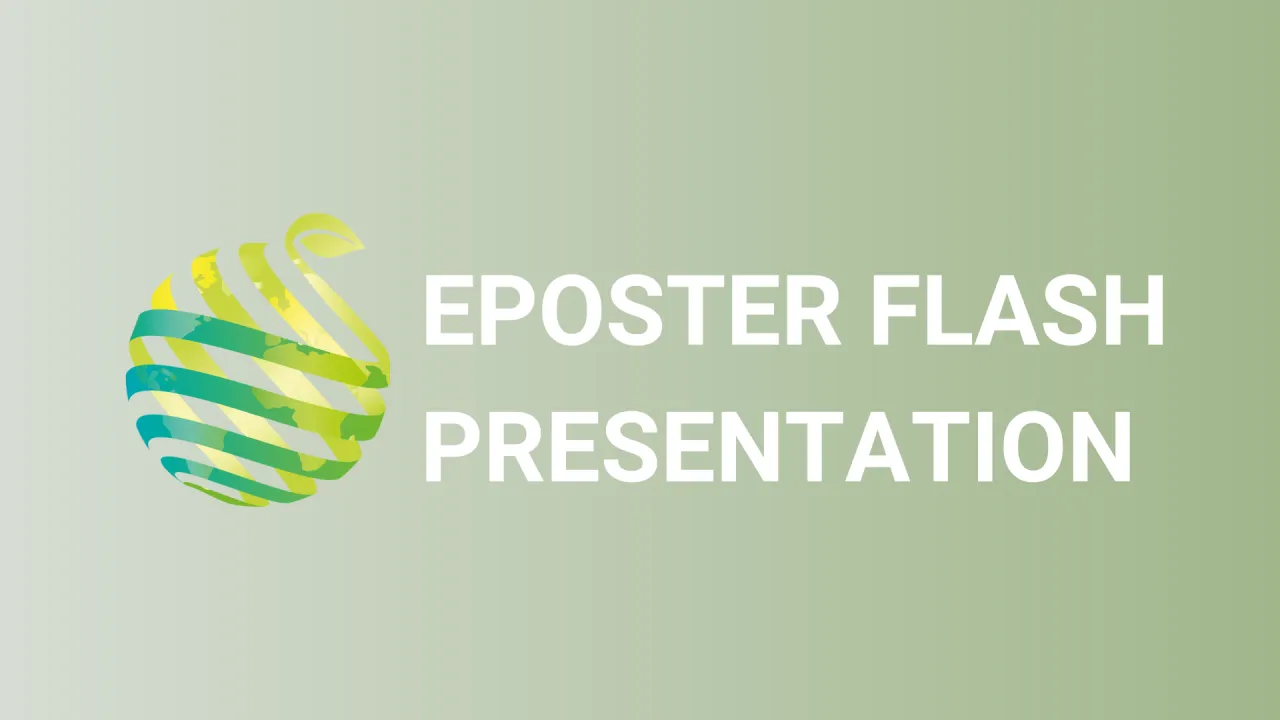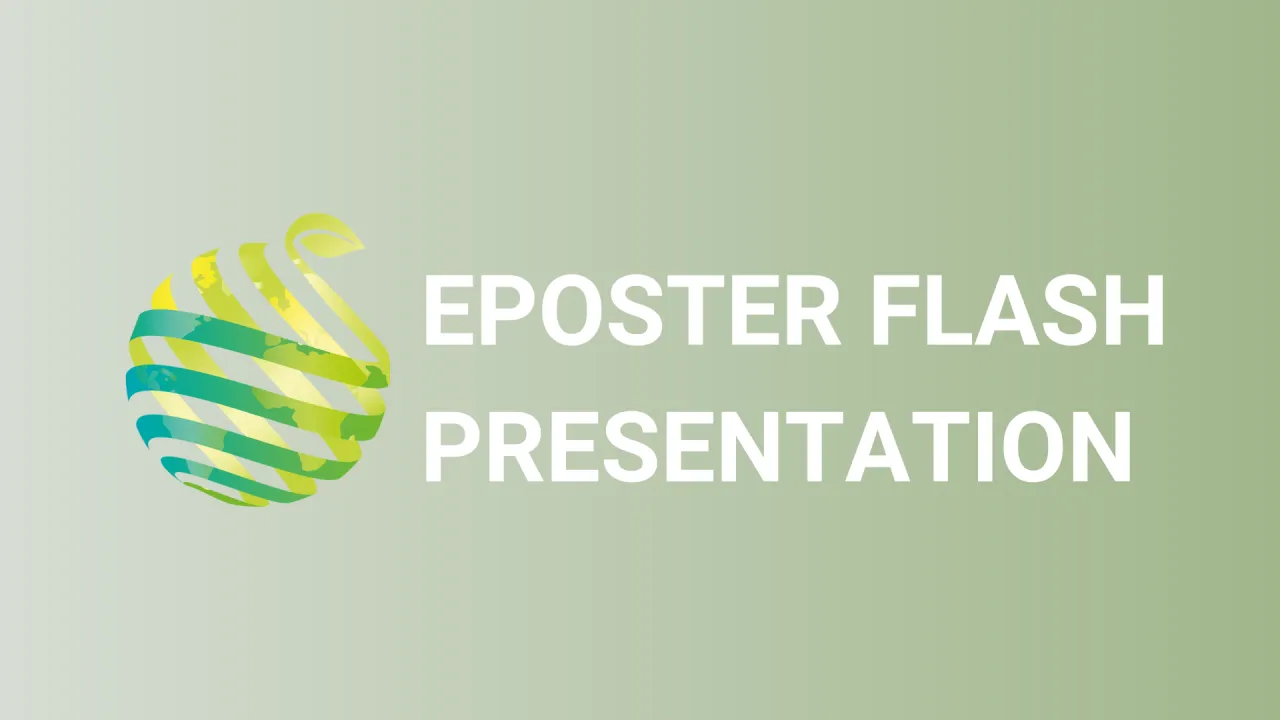

S12 - Session P3 - Use of superabsorbent polymer in processing tomato (Solanum lycopersicum L.) under water stress condition in Mediterranean
Information
Authors: Vito Aurelio Cerasola *, Lorenzo Perlotti, Giuseppina Pennisi, Francesco Orsini, Giorgio Gianquinto
Drought risk is significantly increasing globally as a consequence of climate change. The Mediterranean basin will be among most affected areas by water scarcity in Europe. Processing tomato ( Solanum lycopersicum L . ) is a high water-demanding crop throughout its growing season, thereforethe development of agronomic strategies enabling to increase drought tolerance is a key priority. Suberabsorbent Polymers (SAPs) are used as a soil amendment and employed to increase water availability for plants. In this study, a strip plot experimental design was realized on processing tomato in a sandy-soil farm in Northern Italy (45°04'41", 10°28'04"), where three irrigation treatments (respectively providing 100%, 75% and 50% of crop evapotranspiration) were combined with the application of a commercial SAP (control vs soil amended with SAP). No significant interaction effect between the irrigation treatment and the application of the SAP was observed in yield and quality traits. Yield, fruits number and water use efficiency (WUE, the fresh biomass produced per unit of water consumed) were significantly affected by the irrigation treatment and SAP application. The surge in marketable fruit number determined by the application of the SAP resulted in an overall increase in yield (+16.4%) and water use efficiency (+17.1%). The experiment demonstrated that when SAP is used as soil amendment in processing tomato crop, it is possible to reduce irrigation water by 25%.